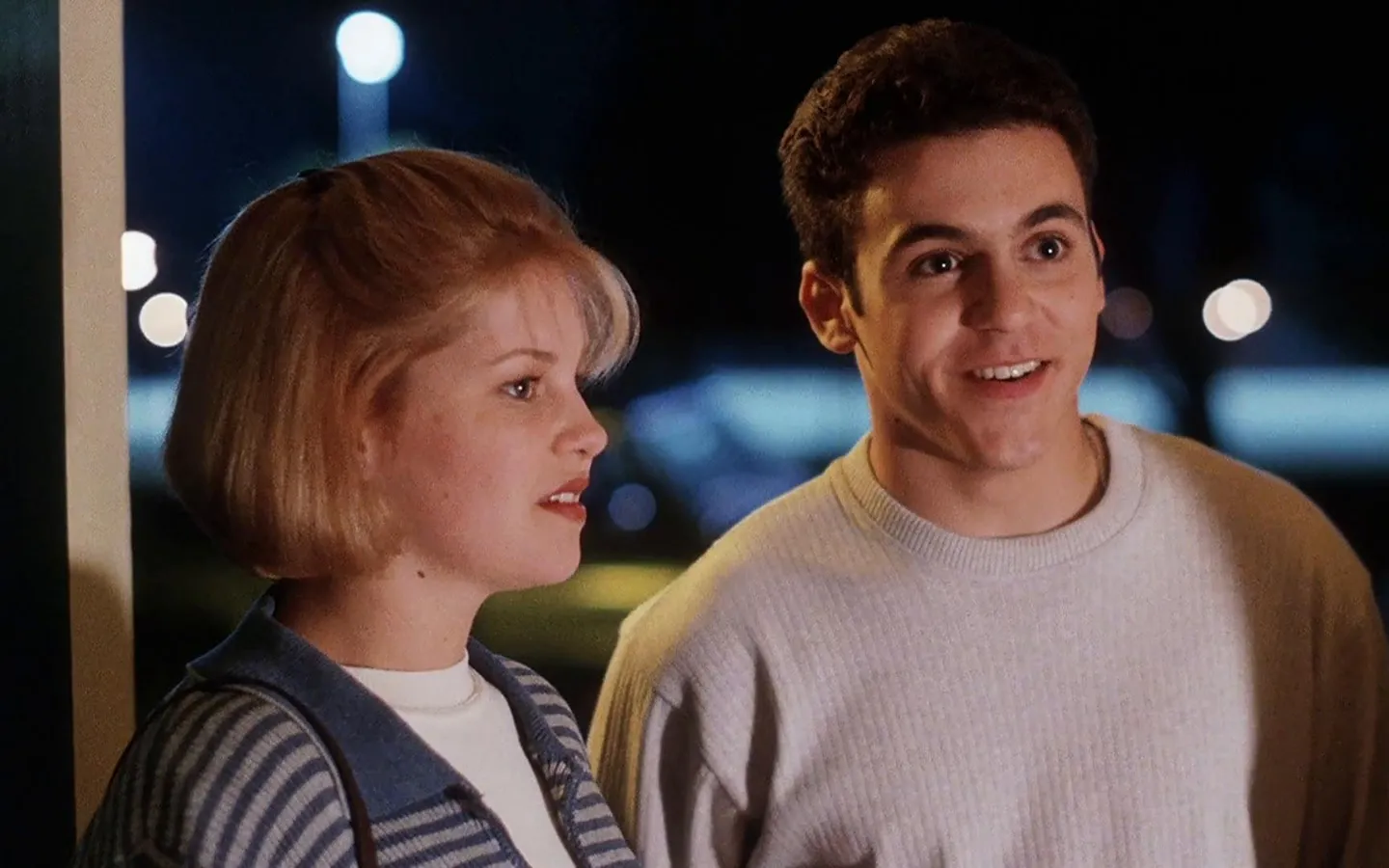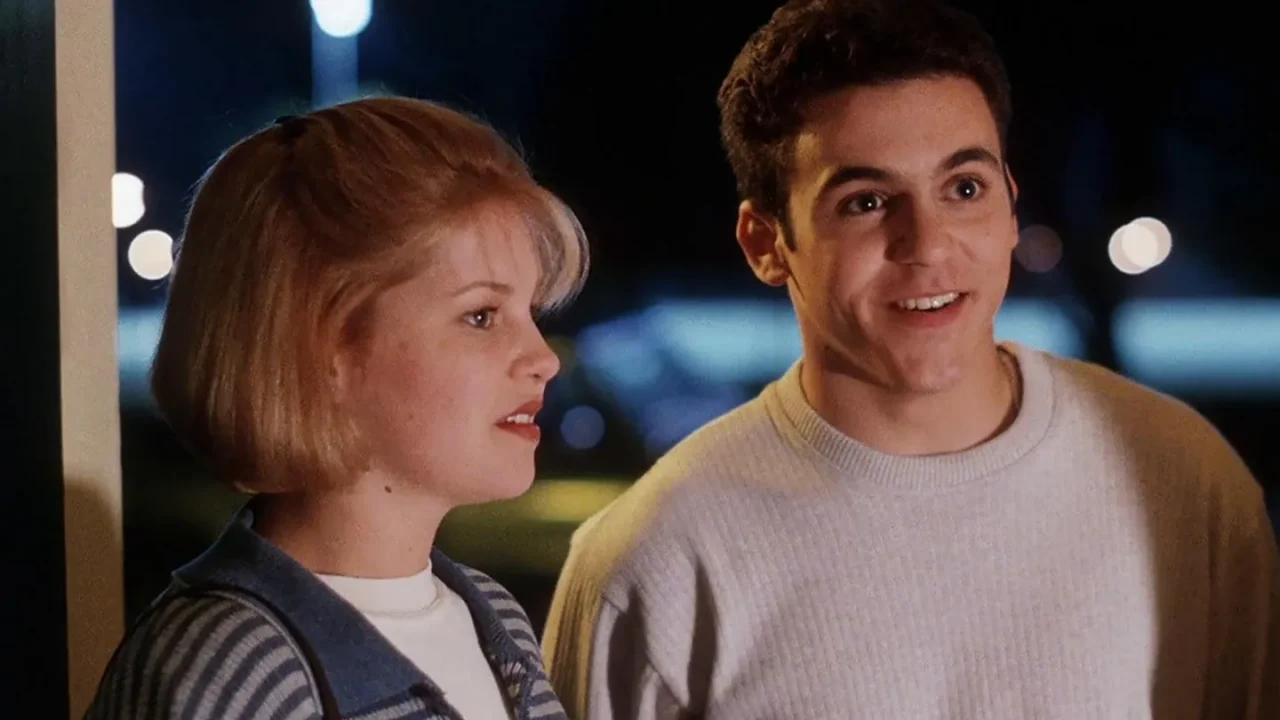Is love a perfect math equation? A formula, a match of shared tastes? Is love predictable? How do you set up a perfect date? Is there such a thing as the ideal person? These are the questions—usually without clear answers or absolute certainty—that guide the feature film Materialists, a drama hitting theaters this Thursday, July 31.
Directed by Celine Song, the film follows the tone of her previous work, Past Lives. While the first reflects on the loves that could have been, this new story questions what love is and how it enters people’s lives. It introduces protagonist Lucy (Dakota Johnson), a professional matchmaker who brings couples together—but isn’t exactly a believer in love. She is methodical in the art of romance.
 ‘Materialists’ tells the story of Lucy, a matchmaker who doesn’t believe in love (Credit: Sony Pictures)
‘Materialists’ tells the story of Lucy, a matchmaker who doesn’t believe in love (Credit: Sony Pictures)
However, her coldness toward love is shaken when her attention is divided between John (Chris Evans), a former flame, and Harry (Pedro Pascal), a charming man she meets at a client’s wedding. John is troubled, broke, and shares a house with other down-on-their-luck men. Harry, on the other hand, is successful, wealthy, and widely seen as a dream man.
Materialists: Love Without Passion
It’s through this dynamic that Song builds the film, trying to understand how love manifests and whether it can be treated like math. This marks her second film to reflect on the past, showing how choices shape romantic futures. Past Lives is more explicit in this, while Materialists reveals the past gradually.
It’s clear that Song was again affected by her protagonist. Just as Past Lives carried the elegance of Nora (Greta Lee), this new film is marked by Lucy’s coldness. Johnson—by far the best part of Materialists—portrays a woman who distrusts everything around her. Nothing is possible. Nothing is reachable. Song doesn’t balance this coldness with warmth; she follows Lucy’s emotional distance closely.
The result is a cold film that almost pushes the audience away, as if they’re not welcome. This feeling is made worse by the male characters: John and Harry could balance Lucy’s detachment, but they’re poorly written. Walking stereotypes, shaped by the actors’ choices, content to play men frustrated with the world.
 ‘Materialists’ questions the paths of love (Credit: Sony Pictures)
‘Materialists’ questions the paths of love (Credit: Sony Pictures)
Contagious Coldness
Materialists ends up tangled in its own mood and its protagonist’s worldview. Perhaps the fact that this is another story inspired by Song’s real-life experience—she worked as a matchmaker—explains this analytical approach to love, never letting passion bloom. And despite Sony’s marketing efforts to sell it as a romantic comedy, this is far from it. It’s a drama—nothing more.
Romance is just a vague idea in the conversations about love. And perhaps that’s the film’s greatest strength: showing how passion, love, desire, and fear of loneliness mix in an imprecise equation that can’t be solved by “normal people.” You can’t just observe from afar. Life pulls you in—even when it’s not your choice.
The flaw is that love is missing from the equation. Without it, it becomes almost scientific. Passion, essential to drive a story like this, floats in the air—hovering, distant.
Materialists is not a bad film—far from it. But it lacks the force needed to be truly deep and impactful. At least it has a solid cast. Especially Johnson, who fits perfectly into this chilly story about a woman trying to live life by reason alone. In the end, the film doesn’t provide answers—just the lingering question: what is love, anyway?












